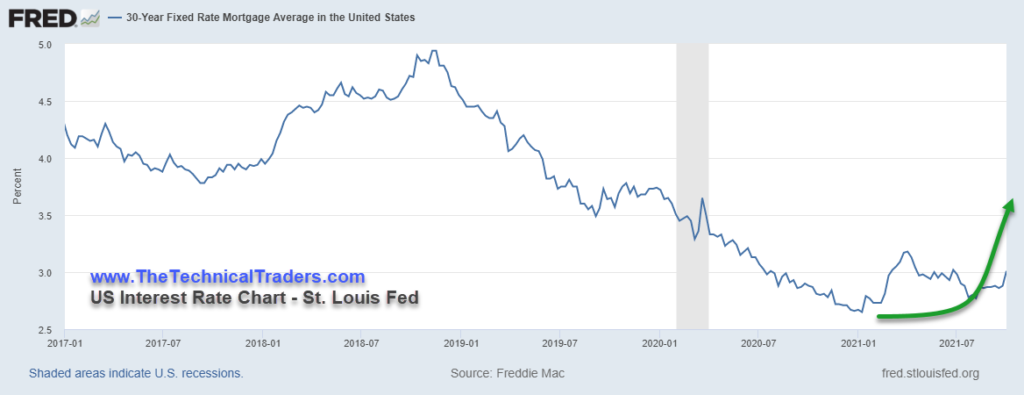Over the past 10 years, the ETF market has exploded and changed the way most investors invest. The ability to find a fund that focuses on specialized niche markets or just plow money into a major index fund has never been easier or more accessible to the average investor.
In the past, investors would have to have minimum amounts of money invested in a mutual fund, and the liquidity of those funds was very limited. Thus, it is difficult to get into and out of if and when you need the cash. But ETFs have changed all of that. No minimum amounts, no liquidity problems, and not to mention the very low fees, typically much, much lower than what you will find with a traditional mutual fund.
However, one equity that investors have been able to buy for years and decades has essentially offered, and still does, investors everything a large index ETF offers, but with even lower fees. That stock is Berkshire Hathaway (BRK-A, BRK-B). The stock that the famed investor, Warren Buffett, owns and stills runs to this day, despite being 91 years old.
Due to its large swath of companies, it owns Berkshire outright, and its investment portfolio is essentially a large index ETF, except you don’t have to pay fees. Berkshire’s current equity portfolio consists of 44.5% in technology companies, 30.3% in Financials, 12.7% in consumer staples, 4.7% in consumer discretionary, and 3.3% in telecommunications. Its largest holding is Apple at $120 billion, representing about 1/6th of Berkshire’s total market cap. But is still smaller than the companies most recent cash pile of $144 billion.
Most ETFs wouldn’t be permitted to have such a large cash pile, but Berkshire is because it's not an ETF. This cash allows the company to make deals and buy stocks when prices are primed and juicy. This has allowed Buffett and company to take advantage of some serious market miss pricing. In addition, it gave the company the ability to make very favorable deals during the financial crisis when companies were in dire need of cash. Other investors didn’t have the means or funds available, but Buffett did, and it paid off big time.
While most investors don’t think about the low fees index ETFs charge these days (and honestly, most of the big S&P 500 index ETFs have fees so low, they don’t really matter), the fact remains that once you buy BRK-B or BRK-A, if you have $425,000 lying around, you don’t pay any expenses as long as you own the stock.
Unfortunately, though Berkshire doesn’t pay a dividend, the company doesn’t give you an idea of what it will invest in, unlike most ETFs. ETF managers are typically required to adhere to the ‘fund invest prospectus,’ which spells out the goals and investment strategy of the fund. Essentially telling investors what industries and types of companies it will be investing in. With Berkshire, you buy and are signing up to allow Warren and his team to drive you down whatever road they decide to go on.
With that being said, Buffett’s track record has proven to be better, actually much better than fund managers track records over the course of not just a few years, but decades. Moreover, Buffett doesn’t have to adhere to certain rules and can buy companies whole; he has an advantage that fund managers don’t.
However, Warren did recently turn 91 years old. And his longtime partner Charlie Munger is 97. So, it's easy to make the argument that Berkshire may not be the same company in the future as it has been in the past, simply due to Warren’s and Charlie’s age. However, investors have been concerned about this for years, and Warren and Charlie are confidently handing the reins over to Todd Combs and Ted Weschler, who have proven themselves over the last few years as investors who may someday rival their two predecessors.
ETFs are great, and most investors should own them over trying to cherry-pick stocks. However, if you are a stock cherry picker or strictly a fund investor, you should still consider Berkshire as an investment since it's sort of the best of both worlds.
Matt Thalman
INO.com Contributor - ETFs
Follow me on Twitter @mthalman5513
Disclosure: This contributor Thalman owns shares of Berkshire Hathaway and Apple at the time this blog post was published. This article is the opinion of the contributor themselves. The above is a matter of opinion provided for general information purposes only and is not intended as investment advice. This contributor is not receiving compensation (other than from INO.com) for their opinion.

